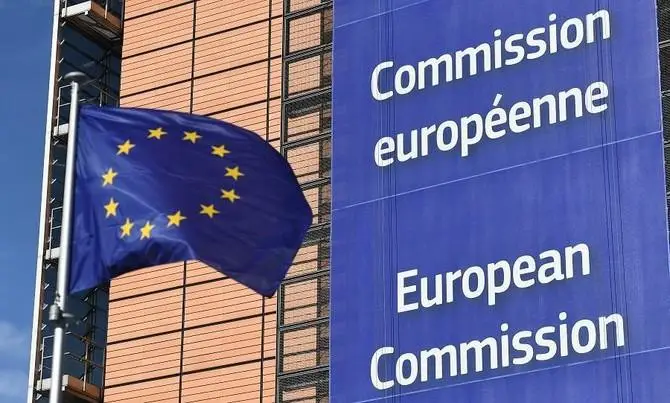[ED] Global cybersecurity regime needed
![[ED] Global cybersecurity regime needed [ED] Global cybersecurity regime needed](https://europeantech.news/wp-content/uploads/2024/05/a5481a5d5d2b45959632b9efd77954ef-740x470.jpg)
Hwang Joon-kook, South Korea’s permanent representative to the United Nations, speaks during a press conference held in his office in New York, Thursday. Yonhap
South Korea vows to address North Korea’s cyberattacks as global issue
South Korea vowed to address and raise awareness of North Korea’s cybercriminal activities in the United Nations Security Council (UNSC) to educate other U.N. member countries about the disruptive impacts on their economies, as well as international security.
This is the right move by the right player.
Cyberattacks and their harmful impacts are the issues that need to be addressed promptly and properly by countries like South Korea. South Korea is one of the countries hit by the most cyberattacks in the world and therefore knows better than others how destructive the consequences of cyberattacks can be and why cybersecurity is significant.
Hwang Joon-kook, South Korea’s permanent representative to the United Nations, said that cyberattacks are a transnational issue that necessitates global debate. “Destruction of major infrastructure, private information theft and heists of virtual assets through cyberattacks are transborder problems and pose a serious security threat to all countries,” he said during a press conference held in his New York office on Friday.
He unveiled South Korea’s plan to initiate an awareness campaign to address cyberattacks on the UNSC’s agenda, as the country is set to assume the rotating presidency of the UNSC next month. Each member state holds the UNSC presidency in turn for one month, in accordance with the alphabetical order of their names.
Technically speaking, there is not much South Korea can do about North Korea’s cyberattacks with its one-month UNSC presidency. One month is too short to rally support from other U.N. member states to join efforts for drawing up concrete measures to fight illicit cyber activities.
Despite time constraints, however, South Korea’s pledge to raise awareness of cyberattacks at the UNSC is meaningful because some countries, including North Korea, have weaponized cyberattacks to disrupt their enemies and major infrastructure. As seen in the war in Ukraine and several other conflicts that have occurred in other parts of the world in the past decades, cyberwarfare is a critical part of military operations.
In South Korea, cyberattacks have become part of everyday life even in peacetime. The worst part is that many entities, both in the public and private sectors, don’t even know that they have been hacked even after their systems have been infiltrated. The culprit, most of the time, is North Korea. China and Russia are also responsible for malicious cyber operations in South Korea. Hackers affiliated with Russia’s military launched cyberattacks during the opening ceremony of the 2018 PyeongChang Winter Olympics. Chinese hackers, meanwhile, created and ran dozens of fake news sites ahead of the April 10 National Assembly elections to spread disinformation.
On Friday, SBS reported that North Korean hackers launched a cyberattack on an unnamed polling agency in the South in February, weeks before the National Assembly elections. Using a stolen administrator’s ID, they infiltrated the agency’s system and tried in vain to steal sensitive information. The report came days after media reports about military brass’ hacked emails. North Korea’s cyberattacks are pervasive, going far beyond theft of sensitive information and disruptions to major facilities.
Since the 2010s, North Korea has prioritized cyberattacks to earn cash through heists of virtual assets. The North, which is under layered sanctions, uses the money to sponsor its nuclear and missile programs. Cyberattacks help North Korea keep developing and upgrading its weapons of mass destruction, threatening international security.
This financial incentive has motivated North Korean hackers to keep expanding their “business areas” into many other countries, helping the North earn an estimated $630 million in 2022.
Although North Korea’s cyberattacks have become a global threat, the international community’s responses to prevent its malicious cyber operations have been slow, if not non-existent. There is a role South Korea can play to motivate the inactive international community to start holding North Korea accountable for its malicious cyberspace activities.
During its one-month period holding the UNSC presidency, South Korea can share its experiences with other U.N. member states to educate them about the significant fallout of the North Korean cyberattacks the country has gone through and rally support from them to lay the groundwork for a global cybersecurity regime to better protect them from malicious cyber activities.


